Education fosters global awareness, cultural heritage preservation, empathy, aesthetics, and common sense, promoting cosmopolitan citizens, opines Madhuri—an exclusive for Different Truths.
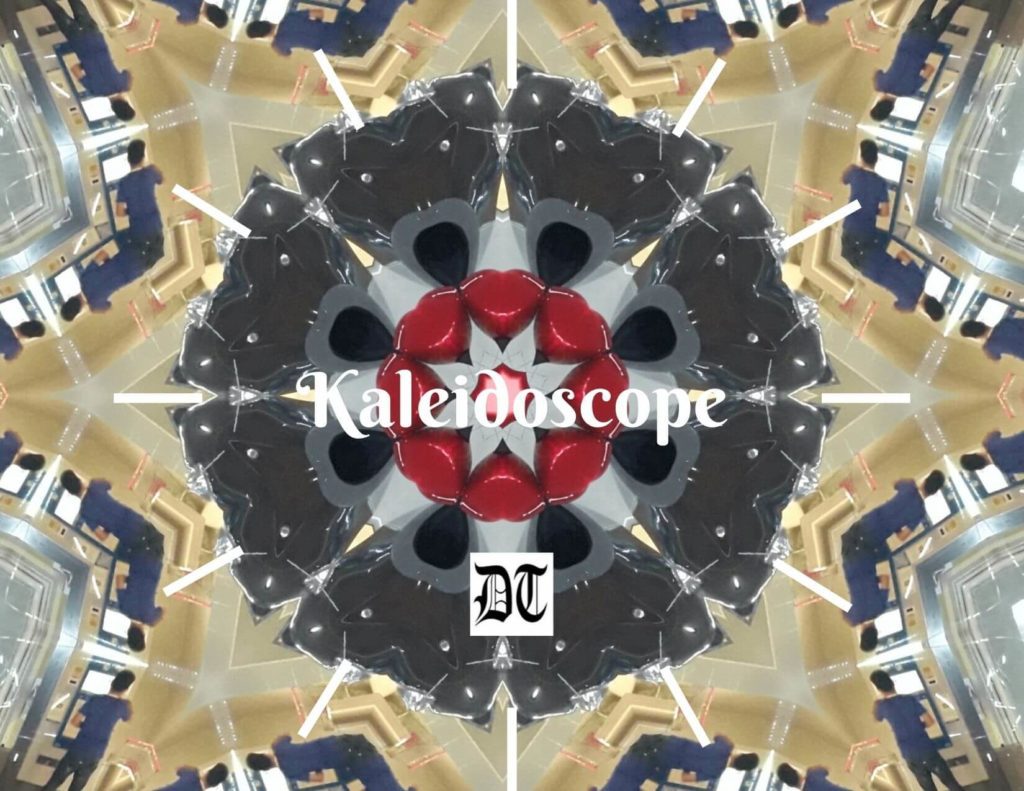
Education is not just about qualifications or gathering information. It is about collating that information, making connections between events and things that are seemingly disconnected, and developing pan-cultural sensibilities and ethics. Education is about ultimately becoming a cosmopolitan global citizen with strong regional roots in our own mother tongues, culture, and traditional practices, which we should be able to appreciate and critique rationally.
At the end of it all, one develops a sense of empathy and aesthetics that translate into common sense. Over the last couple of years, I have interacted closely with several educated people in college corridors and public areas and found a woeful lack of the above.
Education helps with humanistic enquiry, with training to succeed at jobs. It helps us to be less afraid of others. In a world that is faced with isolation, education helps us to connect empathise and have compassion. It makes us know each other. It helps us know ourselves. It helps us see beauty in the ordinary, to help us ease our pain, and to reconcile with loss, especially literature. Liberos means a free adult, a mature citizen. It helps us with humanistic enquiry and teaches us to be less afraid of each other.
Contra-disciplining is another method that can be adopted for an exciting future.
Contra-disciplining is another method that can be adopted for an exciting future. The shared interest in explaining the universe is split between the natural, the human, and the spiritual. The collective insight of the social sciences throws into greater relief the private instinct of literature. A balanced education involves something of a balanced democracy, which is backed by different intelligences and can help an electoral college. Also, understanding the emergence of the author fiction may help one to understand how and why people’s relationships with texts, codes and are all changing in with digital age. A liberal education further apart can widen one’s range of careers. It also nourishes and enriches our native intelligence through fragmented methods of disciplinary specialisation.
However, I have found more eagerness in most of them to quickly self-validate their pre-existing confirmation bias developed during their formative years, taking what they find helps them, and ignoring what is inconvenient to their universe of neo-conservative traditionalist beliefs. This is probably due to many reasons, one of them being the instant gratification that social media provides, preventing self-appraisal and mind space to go into any subject in depth.
There is nothing more detoxing than solitude and quiet reflection…
Real-world interactions require a lot of reading books and articles instead of just googling and skimming those portions that aid in one’s confirmation bias. But what is required above all is solitude. There is nothing more detoxing than solitude and quiet reflection, away from the noise and buzz. Everything falls into place when the abyss looks back at you.
Finally, I also want to see the teachers turn to verbs from nouns. When I am looking at the curriculum in schools and colleges, I want some sign beyond the theoretical, a sign of the relationship between knowledge— “scholarship”, the bull in the academic stock exchange—and its relationship with kindness. How did guilt replace kindness, and how did that come to happen? I think of the inconsequentiality of guilt and the productivity of kindness; I see Foucault in many course modules, and I see the dissonance between theory and practice—how both the teachers and the taught continue to exercise power from their institutional positions and affiliations, how their words and actions are only fresh iterations of hierarchies that they once set out to dismantle.
Though like country, in education, something or the other is reversed every day…
Though like country, in education, something or the other is reversed every day: a new syllabus tries to undo an older one, which gives way to another. This new ethic of whimsicality is the norm.
Picture design by Anumita Roy

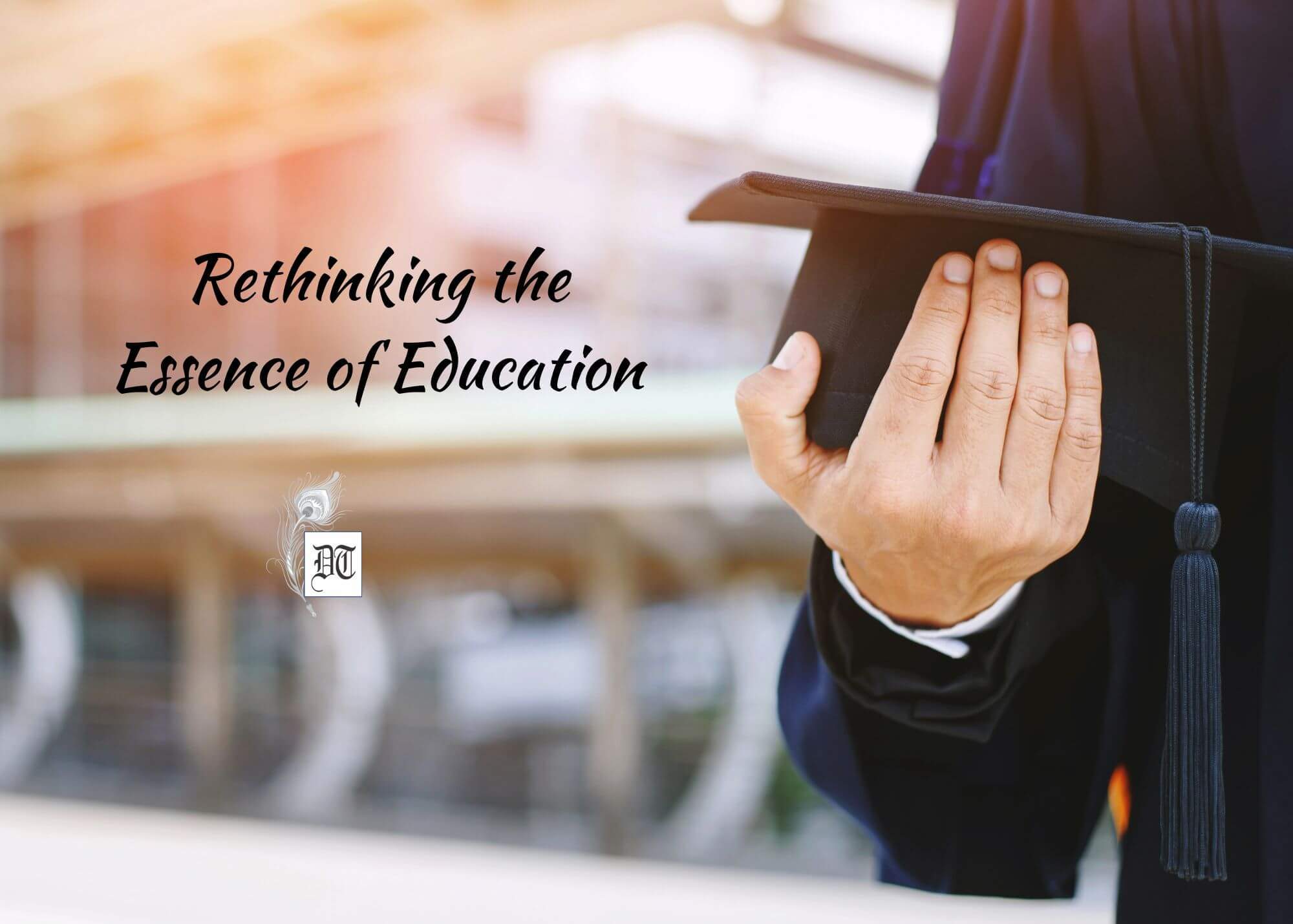
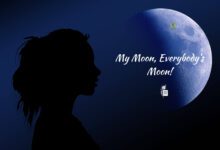
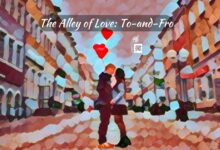
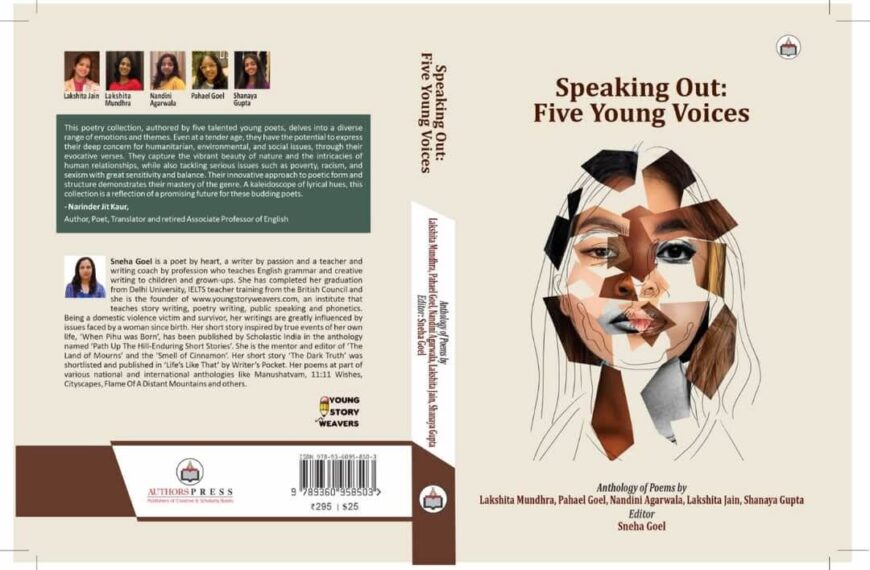
 By
By
 By
By
 By
By